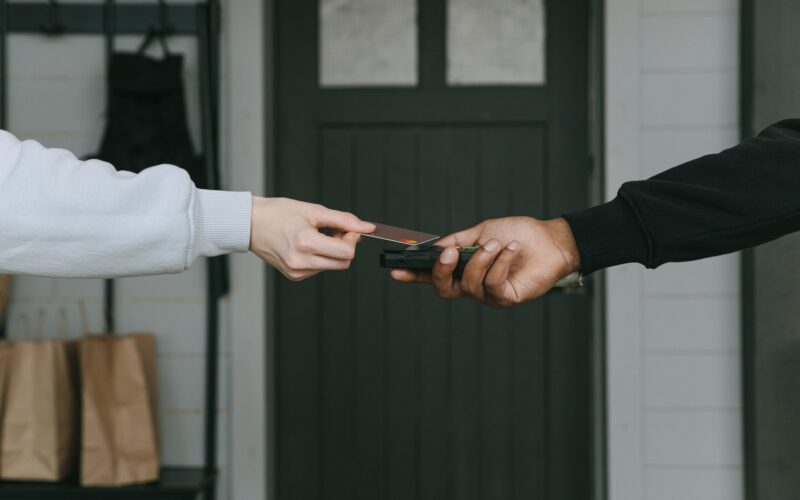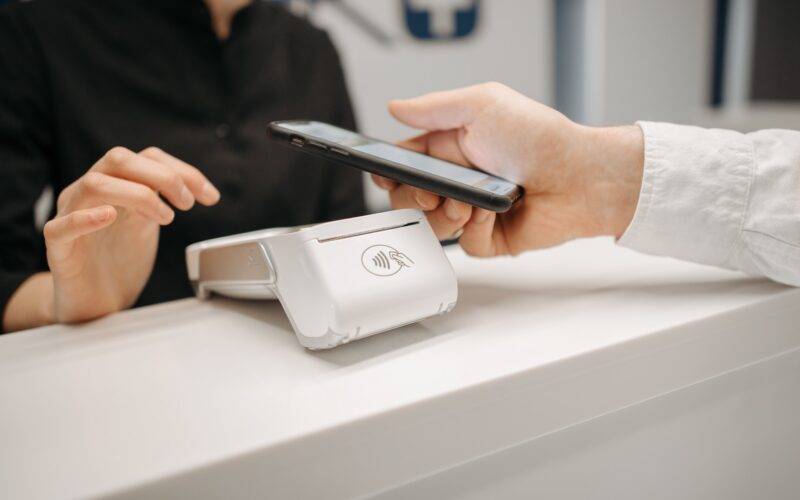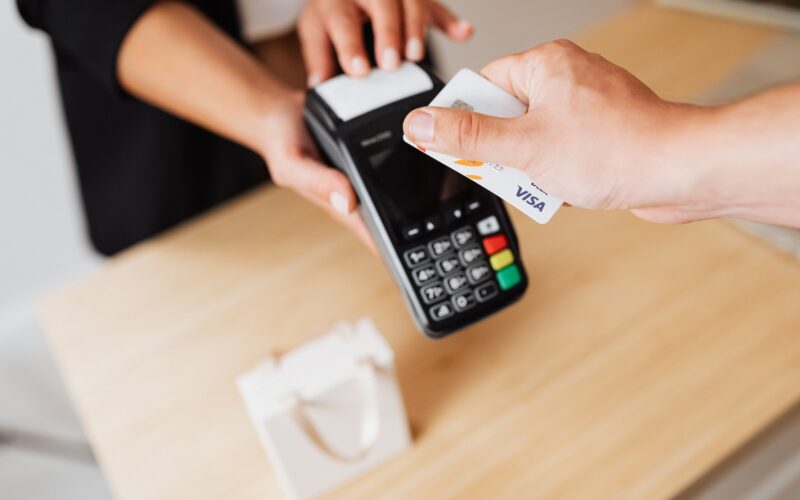As online businesses continue to expand, the need for a reliable and secure payment processor cannot be overstated. Many businesses fall under the high risk category due to various factors. However, not all payment processors accept high risk merchant accounts. This begs the question, does Paypal accept high risk merchant accounts? In this article, we will delve into Paypal’s stance on high risk merchant accounts, its requirements for high risk merchants, the benefits, and drawbacks of using Paypal, alternatives to Paypal, and tips for maintaining a successful high risk merchant account with Paypal.
Paypal’s Stance on High Risk Merchant Accounts
What is a High Risk Merchant Account?
A high risk merchant account is a type of account provided by payment processors to businesses that are deemed riskier than others. These businesses may have a higher chance of chargebacks, fraud, or legal complications. High risk merchants operate in industries such as adult entertainment, online gambling, firearms, online dating, and more.
What are Paypal’s Requirements for High Risk Merchants?
Paypal has specific requirements for businesses that want to apply for a high risk merchant account. The requirements include providing proof of business registration, identification documents, bank statements, and processing history, among others. Paypal may also require high risk merchants to maintain a reserve account to mitigate risks. The reserve account holds a percentage of the merchant’s sales to cover any future chargebacks or refunds.
Understanding High Risk Industries and Paypal’s Acceptance
Which Industries are Considered High Risk?
Paypal defines high risk industries as those that are more prone to fraudulent activities, chargebacks, and legal complications. Some of these industries include online gambling, adult entertainment, e-cigarettes, firearms, pharmaceuticals, and more. Businesses in these industries are more likely to face legal or regulatory issues, which is why they are considered high risk.
Why Does Paypal Accept High Risk Industries?
Paypal has a vast customer base, and accepting high risk merchants helps to expand its reach. Additionally, Paypal has a robust fraud prevention team that can minimize risks associated with high risk merchants. This team monitors transactions, flags any suspicious activities, and investigates fraudulent transactions. Paypal’s ability to manage risks associated with high risk merchants makes it an attractive option for businesses in these industries.
Benefits and Drawbacks of Paypal’s High Risk Merchant Acceptance
What are the Benefits of Using Paypal for High Risk Merchants?
Paypal offers several benefits to high risk merchants, including easy integration, fast payouts, and a user-friendly platform. Additionally, Paypal’s fraud prevention measures can help minimize risks associated with high risk businesses. Paypal’s extensive network and reputation also help to build trust with customers.
What are the Drawbacks of Using Paypal for High Risk Merchants?
Paypal’s fees for high risk merchants are higher than those for low risk merchants. Additionally, Paypal’s chargeback policy can be stringent, and merchants may face account suspension or termination if the chargeback rate exceeds the allowed threshold. Finally, Paypal may place a hold on a merchant’s funds for up to 21 days to mitigate risks associated with high risk industries.
Alternatives to Paypal for High Risk Merchants
What are Some Alternative Payment Processors for High Risk Merchants?
Several payment processors accept high risk merchant accounts, including Stripe, Authorize.net, Skrill, and Payline. These processors offer similar services to Paypal, including fraud prevention measures, fast payouts, and easy integration.
How Do These Alternative Payment Processors Compare to Paypal for High Risk Merchants?
While these payment processors offer similar services to Paypal, they may have different fee structures, payout times, and fraud prevention measures. Merchants should compare the various payment processors’ features and costs before choosing one that best suits their business needs.
How to Apply for a Paypal High Risk Merchant Account
What Information is Required to Apply for a Paypal High Risk Merchant Account?
To apply for a high risk merchant account with Paypal, businesses must provide proof of business registration, identification documents, processing history, and bank statements. Paypal may also require additional documents, depending on the nature of the business.
How Long Does it Take to Get Approved for a Paypal High Risk Merchant Account?
The approval process for a high-risk merchant account with Paypal can take up to several weeks. Paypal may require additional information or documentation during the approval process, which can delay the process.
Tips for Maintaining a Successful High Risk Merchant Account with Paypal
What are Some Best Practices for High Risk Merchants Using Paypal?
High risk merchants using Paypal should maintain a low chargeback rate, ensure timely delivery of products or services, and communicate clearly with customers. Merchants should also keep their account information up-to-date and ensure compliance with Paypal’s policies and procedures.
How Can Merchants Avoid Account Suspension or Termination?
Merchants can avoid account suspension or termination by maintaining a low chargeback rate, following Paypal’s policies and procedures, and communicating effectively with their customers. Additionally, merchants should ensure they have adequate funds in their reserve account to cover any chargebacks or refunds.
Conclusion: Is Paypal the Right Choice for Your High Risk Business?
What Factors Should High Risk Merchants Consider When Choosing a Payment Processor?
When choosing a payment processor, high risk merchants should consider the processor’s fees, fraud prevention measures, payout times, and customer support. Additionally, merchants should ensure the processor accepts businesses in their industry.
Can Paypal Meet the Unique Needs of Your High Risk Business?
Paypal can meet the unique needs of high risk businesses by offering fraud prevention measures, fast payouts, and a user-friendly platform. However, merchants should carefully evaluate Paypal’s fees, chargeback policy, and reserve account requirements before choosing it as their payment processor. Ultimately, the decision to use Paypal or any other payment processor should be based on the merchant’s business needs and risk tolerance.












